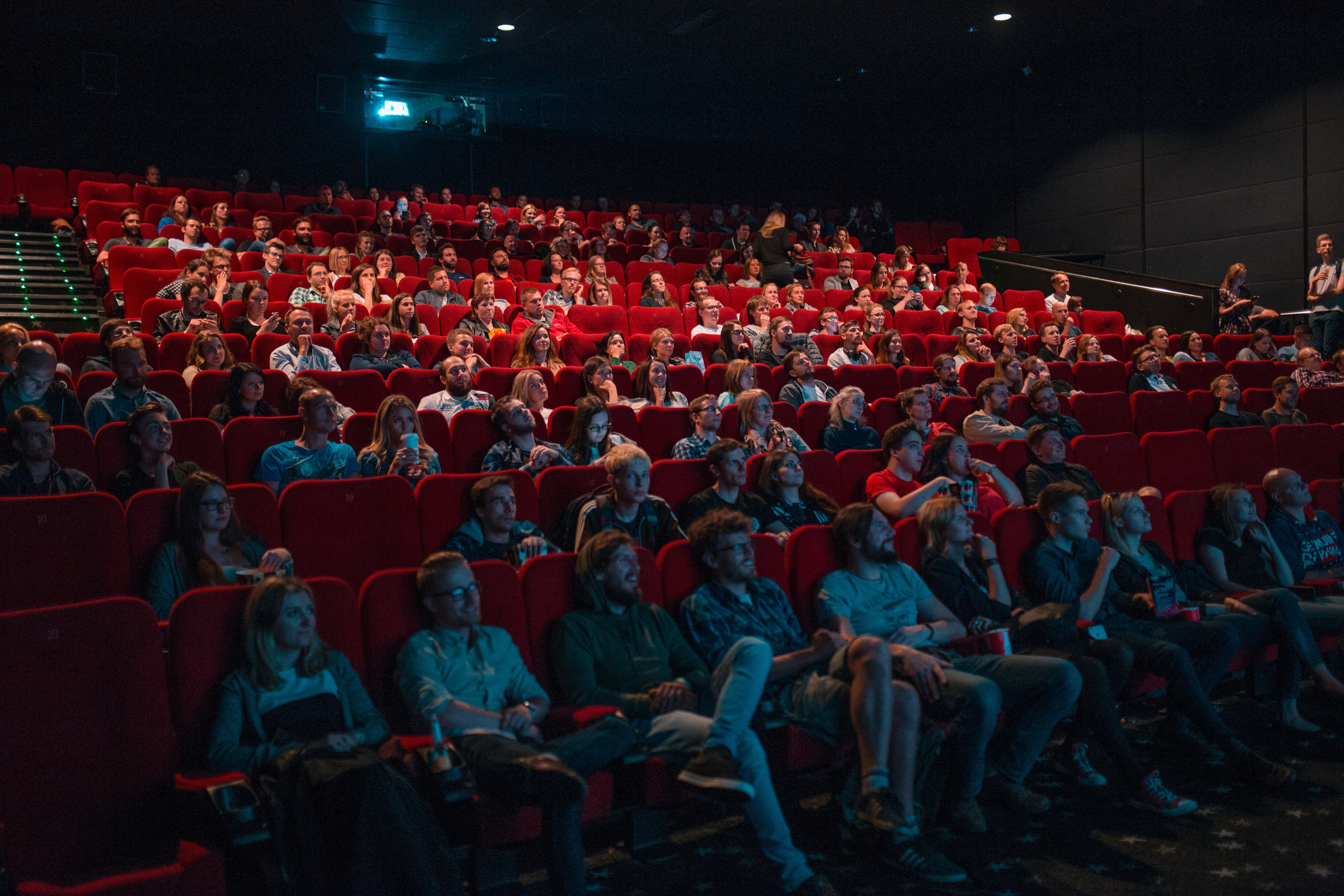The five films that made me fall in love with cinema
As any cinephile will know, our experiences with the art are shaped by defining moments of interaction with certain films. This list is a compilation of movies which every discerning viewer should watch, and also a personal insight into my own connection with cinema as a whole.
The Blues Brothers (1980)
I think my father would like to take credit for the relationship I have with cinema. He’s the one who first introduced me to some of my favourite films including my pick for this list, The Blues Brothers, which he first showed to me aged 10. This pick is here not just because it was the best film I have watched or even that he introduced it to me. Though I would argue it is a highly underrated comedy with both amazing comedic dialogue and music that every cinema fan should watch, it was also the first “good” film I ever watched.
Reservoir Dogs (1992)
If I had to pinpoint one film, indeed one moment, in which cinema became an obsession, it would have to be seeing Reservoir Dogs for the first time. The first scene truly struck me in a way no other film had done up until that point. The beautiful contrast between the seemingly irrelevant yet subtly revealing introductory scene about tipping, and the upcoming in media res gory action affected me on an ineffable level. Tarantino’s mastery of the film noir genre is matched by no other director in my mind and this film demonstrates how he brilliantly crafts unique characters and plot-lines. Every single minute of cinematography hits home. If you want top class Tarantino, don’t watch Pulp Fiction (1994) or Kill Bill (2003), watch Reservoir Dogs.
In Bruges (2008)
Any film by Martin McDonagh is going to be pretty good, but the writing, the direction, characterisation and the themes he explores are all humorously and amazingly presented. Superficially this film tells a darkly funny story of redemption and guilt about two hitmen hiding abroad. But it also cleverly examines concepts of purgatory and caustically critiques the flaws of absolute morality and its arbiters in a postmodern world. This film beautifully explores its characters, morality and purgatory and has hugely shaped the way I look at films.
Full Metal Jacket (1987)
Trying to select just one film made by Stanley Kubrick to put on this list is close to impossible. The man, famed for making his actors reshoot scenes hundreds of times so that they were absolutely perfect, has made so many fantastic. All his most well-known films are truly immense, but nothing quite beats Full Metal Jacket. Films about Vietnam are hardly rare, but a film of such calibre, with such great dialogue that so vehemently and deftly assaults the military mentality, masculinity and the acceptance of war trauma is one in a million. There is one thing I can promise you as well; nothing will haunt you more than Joker’s thousand-yard stare.
Lost in Translation (2003)
Unsurprisingly I end with what is my favourite film ever made, Sofia Coppola’s masterpiece: Lost in Translation, a film about two lost souls; one an ageing washed out actor and the other a young, intelligent yet self-critical college graduate connect in a country and a life in which they both feel out of place. Coppola’s portrayal and examination of a Japanese culture proves equal parts beautifully overwhelming and laughably alien. Scarlett Johansson and Bill Murray are both amazing. But what affected me most about this film is how it beautifully captures that sense of aimlessness that crosses all boundaries, not just gender, age or class (as is the case in the film). The emotions of the protagonists, being lost in the face of life, unsure of themselves and feeling a seemingly eternal sense of emptiness, were emotions I had felt for so long and never been able to express. This film expressed it for me. Facing up to that cutting empty void hits me in a way nothing else ever has and after 18 run throughs I still haven’t tired of it.

Comments